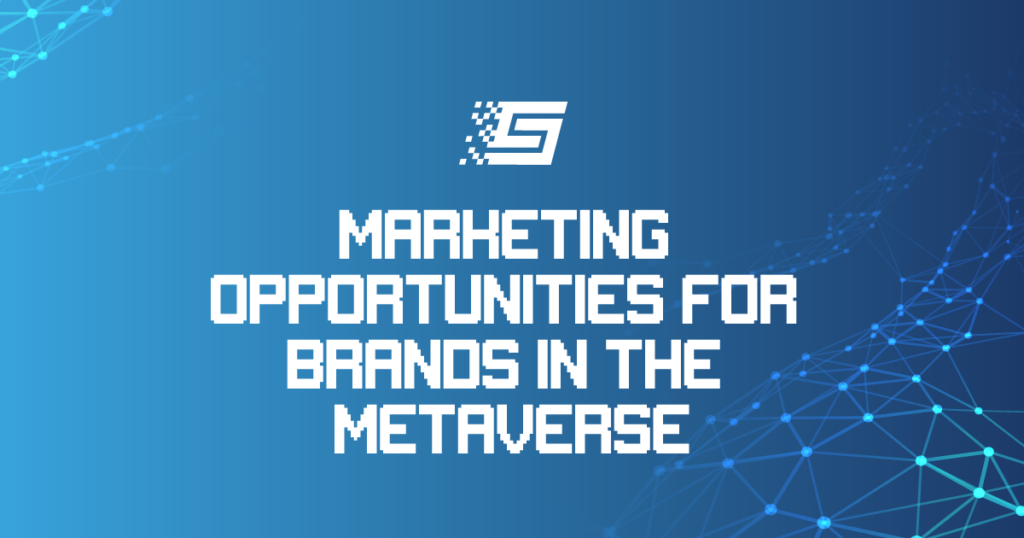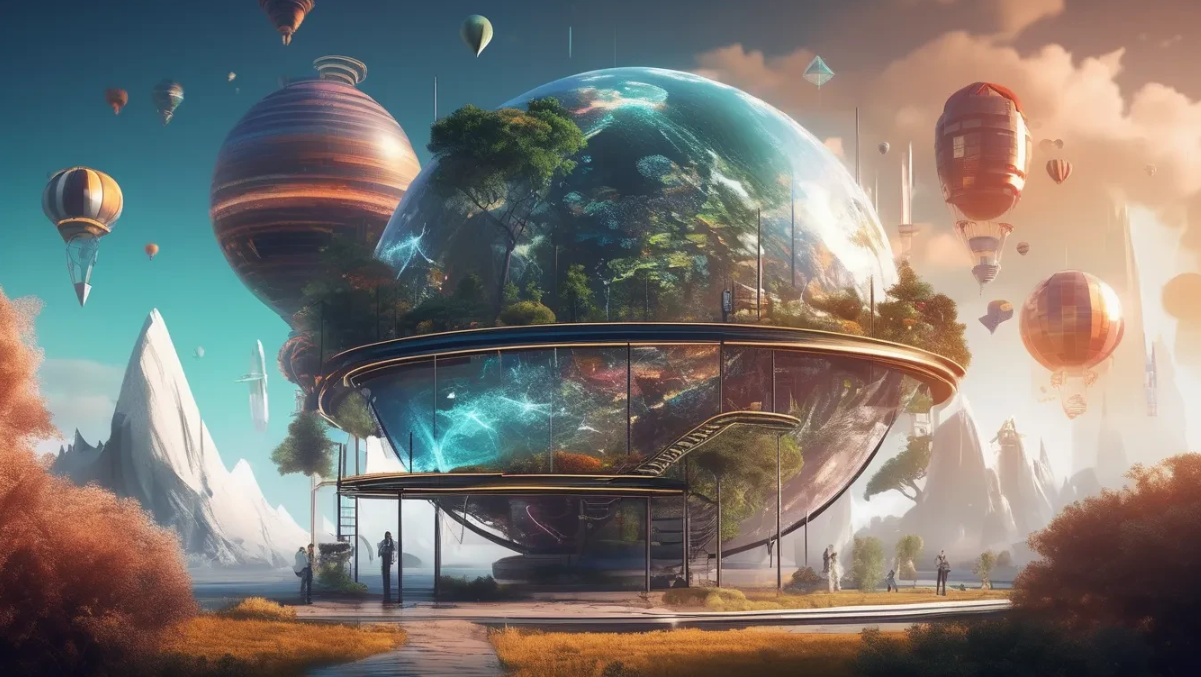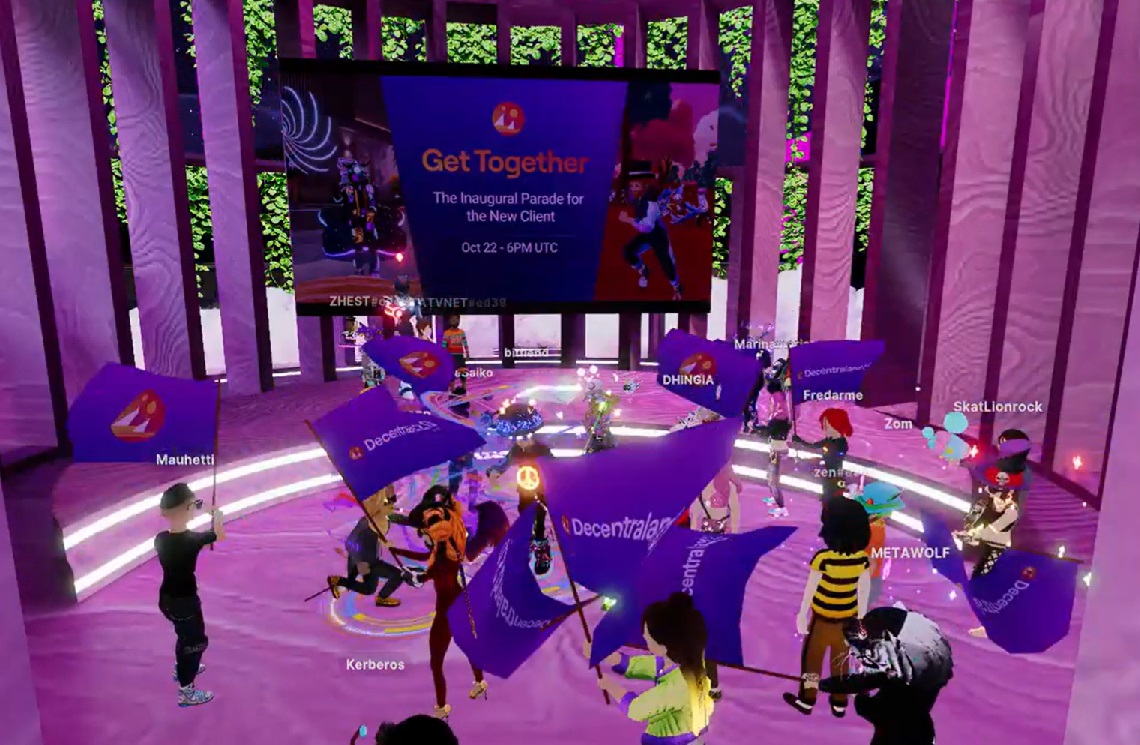
The Most Effective Metaverse Marketing Trends For 2023
Metaverse marketing is the buzz of the town among web3 marketers these days due to its potential impact in serving unique brand experiences and creating virtual communities.
The metaverse, and web3 in general, are relatively new concepts. In layman’s terms, the metaverse is a virtual world that allows individuals to connect with one another, attend immersive events, collaborate, explore virtual spaces, buy products, and do various other activities.
Projecting what the metaverse might develop into from here is equivalent to debating the internet in its early stages. Few people in the late 90s correctly predicted where the internet would go and how much of an enormous impact it would have on our everyday lives and societies.
However, one thing is certain: the new world of web3 has enormous potential to change brands’ content marketing strategies and the way they connect with their audiences. We will see a significant shift in how brands execute their digital marketing strategies for promoting products, providing value, and engaging with their audiences in the metaverse.
In this article, we’ll discuss some metaverse marketing trends that can help brands stand out in 2023.
Marketing In The Metaverse: Trends To Keep An Eye On
Brands Creating Immersive & Personalized Experiences
Metaverse marketing was put to the test back in 2021 by several brands that launched immersive experiences for their target audiences. Gucci launched an immersive virtual exhibition on Roblox inspired by the Gucci Garden in Florence. Nike bought RTFTK, the virtual sneaker brand, and also developed NIKELAND within Roblox’s immersive 3D environment.
Following the metaverse push in 2021, more influential brands that have only been observing the metaverse space up until now may want to make their move. Companies will continue experimenting with new ways to reach their audiences in 2023 through these virtual environments and immersive experiences. The metaverse can assist brands in strengthening their bonds with customers and improve the entire brand experience.
NFTs Providing New Avenues For Community Growth
Non-fungible tokens can be a vital tool in metaverse marketing as they provide customers with a sense of ownership for virtual items and enable brands to build communities in new ways. NFTs provide various opportunities for businesses to tell their unique story via digital collectibles. By offering early access to digital items and building anticipation, brands can generate excitement around specific events or product launches with NFTs.
We will likely see more brands work with metaverse influencers to create personalized experiences accessed with NFTs. Brands and influencers can create exclusive virtual experiences or merchandise that is only available to certain NFT holders.
Advertising Opportunities In Metaverse Platforms
The metaverse provides next-level advertising opportunities for brands, such as virtual billboards, pop-ups, virtual forums, merchandising, and branded NFTs. A report by Gartner predicts that by 2026, 25% of us will spend roughly an hour per day in the metaverse. This will open up enormous opportunities for brands and advertisers as the space has distinct ad formats, complete with marketing attribution, meaning marketers can measure visits and allocate ad spending intelligently.
Furthermore, the gaming industry will be a good source of inspiration for metaverse advertising. As metaverse gaming is taking off in a big way, advertisers will have to make sure that their strategies are suitable explicitly for virtual worlds and that gamification is at their core.
Brands Opening Virtual Storefronts
The metaverse offers opportunities for tech-savvy marketers to engage with users in a visually entertaining way. Brands such as Nike, Adidas, and Gucci have all been experimenting with the metaverse in order to boost their marketing efforts. With innovative metaverse marketing strategies, brands like Samsung have opened up virtual stores in the metaverse that imitate their real-life shopping environments, and more are expected to follow suit in 2023.
Combining Multiple Technologies For Immersive Experiences
The integration of AI (artificial intelligence), AR (augmented reality), VR (virtual reality), 5G, and web3 will significantly impact the metaverse. To engage with audiences in the metaverse effectively, brands will need to use a combination of these technologies. According to a Bloomberg report, gaming, AR, and VR will be a $413 billion market by 2024, a significant rise from the $274 billion reported in 2020. By merging our external reality with augmented and virtual reality, the metaverse will usher in a 3D internet.
In these virtual worlds, brands can build virtual avatars like 3D chatbots that will interact and respond to your interactions through the combination of AR, VR, artificial intelligence, and blockchain technology, along with the power of the internet.
Influencer Marketing
Influencer marketing is one of the most effective strategies for acquiring new customers. The metaverse provides a variety of opportunities for companies and influencers to establish connections with their target audiences in novel and innovative ways. A recent example of this type of partnership is how Sandbox’s brand awareness skyrocketed after announcing a collaboration with the legendary rap artist Snoop Dog.
Virtual/AI-based Influencers
Virtual influencers are characters with a personality and a story of their own that AI helps bring to life. AI-based characters such as Lil Miquela have landed brand deals with high-end fashion giants recently, including Prada, Dior, and Calvin Klein. Brands have begun to release their own artificial characters, and this concept appears to be a perfect fit for metaverse marketing. The company that owns the CGI influencer Lil Miquela is transforming itself into a DAO. With 3 million+ Instagram followers already, the idea is to make Lil Miquela truly community-driven by letting fans vote on her character arc using blockchain tokens.


